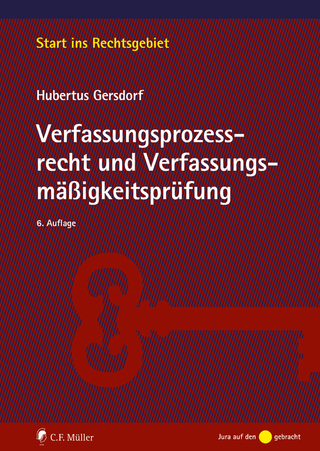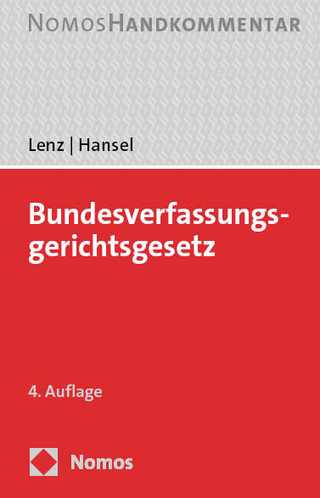
The Reasoning State
Seiten
2022
Cambridge University Press (Verlag)
978-1-108-48596-8 (ISBN)
Cambridge University Press (Verlag)
978-1-108-48596-8 (ISBN)
Employing an inter-disciplinary approach, this book develops a theory of the modern state based on the concept of trust. It is valuable to readers interested in Administrative and Constitutional Law, the history of the Early Republic or the Progressive Era, positive political theory, and experimental social science methods.
Administrative bodies, not legislatures, are the primary lawmakers in our society. This book develops a theory to explain this fact based on the concept of trust. Drawing upon Law, History and Social Science, Edward H. Stiglitz argues that a fundamental problem of trust pervades representative institutions in complex societies. Due to information problems that inhere to complex societies, the public often questions whether the legislature is acting on their behalf—or is instead acting on the behalf of narrow, well-resourced concerns. Administrative bodies, as constrained by administrative law, promise procedural regularity and relief from aspects of these information problems. This book addresses fundamental questions of why our political system takes the form that it does, and why administrative bodies proliferated in the Progressive Era. Using novel experiments, it empirically supports this theory and demonstrates how this vision of the state clarifies prevailing legal and policy debates.
Administrative bodies, not legislatures, are the primary lawmakers in our society. This book develops a theory to explain this fact based on the concept of trust. Drawing upon Law, History and Social Science, Edward H. Stiglitz argues that a fundamental problem of trust pervades representative institutions in complex societies. Due to information problems that inhere to complex societies, the public often questions whether the legislature is acting on their behalf—or is instead acting on the behalf of narrow, well-resourced concerns. Administrative bodies, as constrained by administrative law, promise procedural regularity and relief from aspects of these information problems. This book addresses fundamental questions of why our political system takes the form that it does, and why administrative bodies proliferated in the Progressive Era. Using novel experiments, it empirically supports this theory and demonstrates how this vision of the state clarifies prevailing legal and policy debates.
Edward H. Stiglitz is the Associate Dean for Faculty Research and a Professor of Law at Cornell Law School. His research has appeared in leading law and social science journals, and he co-authored The Reputational Premium: A Theory of Party Identification and Policy Reasoning (with Paul M. Sniderman, 2012). He holds a JD and PhD from Stanford University.
1. Introduction: The reasoning state; 2. Reasoning and distrust: State architecture in complex societies; 3. Instruments of credible reasoning: The role of administrative law; 4. The reform era: Rise of the reasoning state; 5. The reasoning constraint; 6. Reasoning dividends; 7. Diagnosing the administrative state; 8. Lessons applied; Index.
| Erscheinungsdatum | 21.06.2022 |
|---|---|
| Zusatzinfo | Worked examples or Exercises |
| Verlagsort | Cambridge |
| Sprache | englisch |
| Maße | 152 x 235 mm |
| Gewicht | 600 g |
| Themenwelt | Recht / Steuern ► EU / Internationales Recht |
| Recht / Steuern ► Öffentliches Recht ► Verfassungsverfahrensrecht | |
| Sozialwissenschaften ► Politik / Verwaltung ► Politische Theorie | |
| ISBN-10 | 1-108-48596-0 / 1108485960 |
| ISBN-13 | 978-1-108-48596-8 / 9781108485968 |
| Zustand | Neuware |
| Haben Sie eine Frage zum Produkt? |
Mehr entdecken
aus dem Bereich
aus dem Bereich
Buch | Softcover (2024)
C.F. Müller (Verlag)
20,00 €


